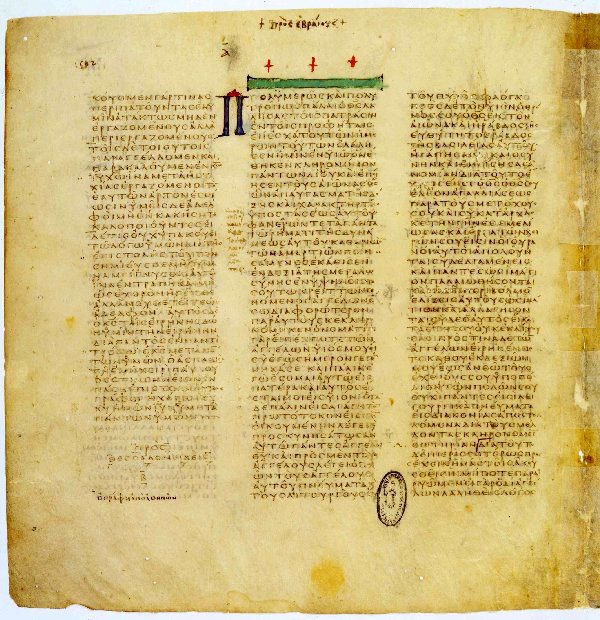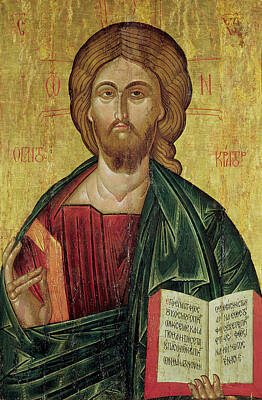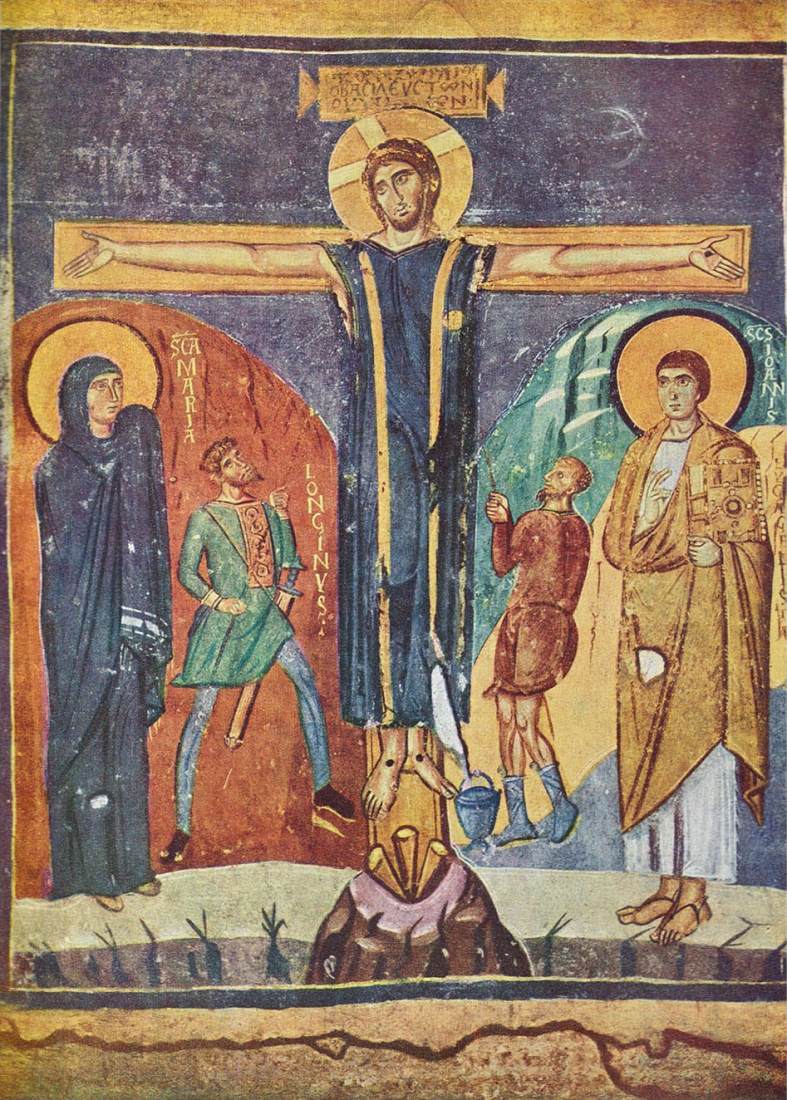Notes on the Bible
Notes made from my reading plan
Old Testement
- there seems a big gap between the post babylon prophets and the new testement
- the 4 books of the macabees seems like a side quest no one is interested in
- dont forget the book of Tobit
- Ezra and Nehemiah are from the same book
- chronicles are the same book. Books 1-10 is a names list
- I would like to re-read the wisdom and poetic literature
- Kings and chronicles mash up is really confusing with a lot of minor Kings
- In Esther god is not mentioned at all
New Testement
- It feels totaly different in terminology
- Not suprising as theres a 500 year gap
- New terms baptism , holy spirit . When were these ideas developed
- The names of people are different
- Jesus's Jewish background is always stressed
- Jesus is kind , something that seems abscent from the OT
- Mark is the source for Luke and Mathew
- 90% of Mark is in these 2 Synaptic gospels
- Other source maybe Q . Now lost.
- Extensive cross referencing with OT in Mark
- Over 300 quotes or references to the OT in the NT
- List of 300 Old Testament quotes in New Testament
- The LXX was the Bible of the authors of the New Testament.
- Commishened by Ptolomy II in 282-246
- The intertextuality is fascinating
- The "Golden Rule" from Matthew 7:12
- The Lords Prayer
- Sermon on the Mount : Both old and new Laws
- Do we need more than the Lord's prayer and the "Golden Rule"?
- In the Sermon on the Mount Jesus says keep things simple
- "So in everything, do to others what you would have them do to you, for this sums up the Law and the Prophets."
- The Gospel of Matthew: This Gospel is traditionally attributed to Matthew, the former tax collector and one of the Twelve Apostles.Also known as Levi
- Luke wrote Acts
- John wrote John and 1,2,and 3 John
- John wrote Revelation
- Peter wrote 1 and 2 Peter
- Paul is considered to be an apostle
- Tension within Jesus's family?
Biblical References to Family Tension in jesus's Family
New Testament Passages
New Testament Passages
Mark 3:20-21, 31-35: Jesus's family attempts to intervene, believing he is "out of his mind." This illustrates a potential lack of understanding or acceptance of Jesus's mission by his family. John 7:2-5: Jesus's brothers express skepticism towards his ministry, highlighting potential familial tension and disbelief. Matthew 13:55-57: Jesus's hometown questions his authority, referencing his family and humble origins. While not directly implying tension, this passage suggests potential points of contention.
Scholarly Interpretation
The scholarly consensus acknowledges the likelihood of tensions between Jesus and his family, especially during the early stages of his ministry:
Skepticism of Jesus's Brothers: The disbelief expressed by Jesus's brothers is often interpreted as genuine familial tension, reflecting a natural human response to extraordinary claims within a close family unit.
Cultural Context:
The centrality of family in first-century Judaism emphasizes the potential for misunderstanding and tension when Jesus deviated from familial expectations.
Later Reconciliation:
Despite initial tension, it is believed that Jesus's family, including his brothers, eventually became followers. James, one of Jesus's brothers, assumed a prominent leadership role in the early Christian community.
Conclusion
The biblical accounts and scholarly interpretations suggest that Jesus's relationship with his family was complex and marked by periods of tension, particularly during the early part of his ministry. However, the narrative also hints at a potential reconciliation and eventual acceptance of Jesus's mission by his family members.
Jesus's death foretold in the OT
Psalm 41:9:
"Even my close friend in whom I trusted, who ate my bread, has lifted his heel against me." This verse is often seen as a foreshadowing of Judas's betrayal, particularly because it speaks of a close friend turning against the psalmist, which parallels Judas's betrayal of Jesus after sharing a meal with him.
Zechariah 11:12-13:
"Then I said to them, 'If it seems good to you, give me my wages; but if not, keep them.' And they weighed out as my wages thirty pieces of silver. Then the LORD said to me, 'Throw it to the potter'—the lordly price at which I was priced by them. So I took the thirty pieces of silver and threw them into the house of the LORD, to the potter." This passage is often linked to Judas's betrayal, as Judas was paid thirty pieces of silver to betray Jesus (Matthew 26:15). The reference to the "potter" and the price of betrayal is seen as a prophetic foreshadowing of the events described in the NT.
Psalm 55:12-14:
"For it is not an enemy who taunts me—then I could bear it; it is not an adversary who deals insolently with me—then I could hide from him. But it is you, a man, my equal, my companion, my familiar friend. We used to take sweet counsel together; within God's house we walked in the throng."
Notes to the NT Continued
- John's Account of the Last Supper is very dense and theological
- Mark is likely to have an addition at the end
- Most scholars think the section where Jesus meets the apostles post reseection is an interpolation Mark 16:9-20
- The so-called short ending is Mark 16:1-8
- The accounts in the synaptic gospels of the Passion a very similar
- Is Pilate guilty - Jon
- The post-resurection meeting with the 11 apostles feels like an anti-climax
- John has a few more details of the Passion
- Mary mother of God is there with Mary Magdelene and Mary's sister(the 3 Marys)
- Last words “It is finished.”
- Instead, one of the soldiers pierced Jesus’ side with a spear, bringing a sudden flow of blood and water
- Joseph of Arimathea and Nicodemus are together
- he showed them his hands and side
- Doubting Thomas - Didymus or twin
Is Pilate Guilty? Of what?
7 The Jewish leaders insisted, “We have a law, and according to that law he must die, because he claimed to be the Son of God.”
8 When Pilate heard this, he was even more afraid,
2 From then on, Pilate tried to set Jesus free, but the Jewish leaders kept shouting, “If you let this man go, you are no friend of Caesar. Anyone who claims to be a king opposes Caesar.”
13 When Pilate heard this, he brought Jesus out and sat down on the judge’s seat at a place known as the Stone Pavement (which in Aramaic is Gabbatha). 14 It was the day of Preparation of the Passover; it was about noon.
“Here is your king,” Pilate said to the Jews.
15 But they shouted, “Take him away! Take him away! Crucify him!”
“Shall I crucify your king?” Pilate asked.
“We have no king but Caesar,” the chief priests answered.
16 Finally Pilate handed him over to them to be crucified.
Notes on the Church follwing Jesus' death
- Paul stands at the begining of the development of the church
- His key doctrine which enabled the church to become worldwide: gentiles do not have to follow the Law to be Christian
- jews as well
- Absolutly revolutionary and backed by the other apostles
- His journeys in Greece and Turkey show the importence of the Hellenic world to Christianity
- The letters stand out both annecdotaly and theologicaly
- The importence of women in the early church
Women in the Early Church according to Paul's Writings and the Acts of the Apostles

Figure 4: Women in the Early Church - Byzantine Mosaic
Introduction
The role of women in the early Christian church has been a subject of considerable scholarly attention. The writings of the Apostle Paul and the Acts of the Apostles provide significant insights into the involvement of women in the nascent Christian communities. This summary examines key figures and their contributions based on these New Testament sources.
Women in Paul's Letters
Phoebe
- Text: "I commend to you our sister Phoebe, a deacon of the church at Cenchreae, so that you may welcome her in the Lord as is fitting for the saints, and help her in whatever she may require from you, for she has been a benefactor of many and of myself as well." Romans 16:1-2
- Role: Phoebe is described as a "deacon" (διάκονος, diakonos) of the church in Cenchreae. Her designation as a benefactor (προστάτις, prostatis) indicates her influential role, likely providing financial and logistical support to the church, and possibly serving as a courier for Paul's epistle to the Romans.
Priscilla (Prisca)
- Text: "Greet Prisca and Aquila, my co-workers in Christ Jesus, who risked their necks for my life, to whom not only I give thanks but also all the churches of the Gentiles." Romans 16:3-4
- Role: Priscilla, often mentioned with her husband Aquila, is recognized as a significant collaborator in Paul's missionary work. Her mention before her husband in several instances (e.g., Romans 16:3; 2 Timothy 4:19) suggests her prominent role. She is also noted in Acts 18:26 for instructing Apollos more accurately in the way of God, indicating her theological knowledge and teaching capacity.
Junia
- Text: "Greet Andronicus and Junia, my kin and fellow prisoners; they are prominent among the apostles, and they were in Christ before I was." Romans 16:7
- Role: Junia is described as "prominent among the apostles" (ἐπίσημοι ἐν τοῖς ἀποστόλοις, episēmoi en tois apostolois), a phrase indicating high regard and possibly a leadership position. Her inclusion as an apostle has been the subject of extensive debate, with most scholars affirming her status as a female apostle, thereby underscoring the involvement of women in the highest levels of early Christian leadership.
Euodia and Syntyche
- Text: "I urge Euodia and I urge Syntyche to be of the same mind in the Lord. Yes, and I ask you also, my loyal companion, help these women, for they have struggled beside me in the work of the gospel, together with Clement and the rest of my co-workers, whose names are in the book of life." Philippians 4:2-3
- Role: Euodia and Syntyche are noted as co-workers of Paul in the proclamation of the gospel. Their mention in this letter implies they held significant roles in the Philippian church, possibly as leaders or missionaries.
Other Notable Mentions
- Mary: Recognized for her hard work on behalf of the Roman church Romans 16:6.
- Tryphaena and Tryphosa: Described as "workers in the Lord," indicating their active involvement in ministry Romans 16:12.
- Nympha: A woman who hosted a church in her home, showing the important role of women in providing spaces for Christian worship Colossians 4:15.
Women in the Acts of the Apostles
Lydia
- Text: "A certain woman named Lydia, a worshiper of God, was listening to us; she was from the city of Thyatira and a dealer in purple cloth. The Lord opened her heart to listen eagerly to what was said by Paul. When she and her household were baptized, she urged us, saying, 'If you have judged me to be faithful to the Lord, come and stay at my home.' And she prevailed upon us." Acts 16:14-15
- Role: Lydia, a prosperous merchant, is one of the first converts in Europe. Her role as a host for Paul and his companions suggests that she was a key supporter of the Christian mission in Philippi, using her resources and home to further the gospel.
Tabitha (Dorcas)
- Text: "Now in Joppa there was a disciple whose name was Tabitha, which in Greek is Dorcas. She was devoted to good works and acts of charity." Acts 9:36
- Role: Tabitha is the only woman explicitly called a disciple (μαθήτρια, mathētria) in the New Testament. Her ministry focused on charitable works, particularly for the widows in her community, highlighting the social and compassionate dimension of early Christian service.
Mary, Mother of John Mark
- Text: "When he realized this, he went to the house of Mary, the mother of John whose other name was Mark, where many had gathered and were praying." Acts 12:12
- Role: Mary's home served as a gathering place for believers, indicating her role as a leader or at least a significant supporter of the Jerusalem church. This scene also reflects the early church's reliance on the hospitality and leadership of women.
Damaris
- Text: "But some of them joined him and became believers, including Dionysius the Areopagite and a woman named Damaris, and others with them." Acts 17:34
- Role: Damaris is noted as a convert in Athens, suggesting that women were also among the intellectual elite who engaged with and accepted the Christian message.
Conclusion
The New Testament provides substantial evidence that women played crucial roles in the early Christian communities. Paul's letters and the Acts of the Apostles depict women as leaders, benefactors, missionaries, and teachers, actively participating in the propagation of the Christian faith. Their contributions were acknowledged and respected by the male leaders of the early church, reflecting the inclusive nature of the Christian message and its appeal across gender lines.


